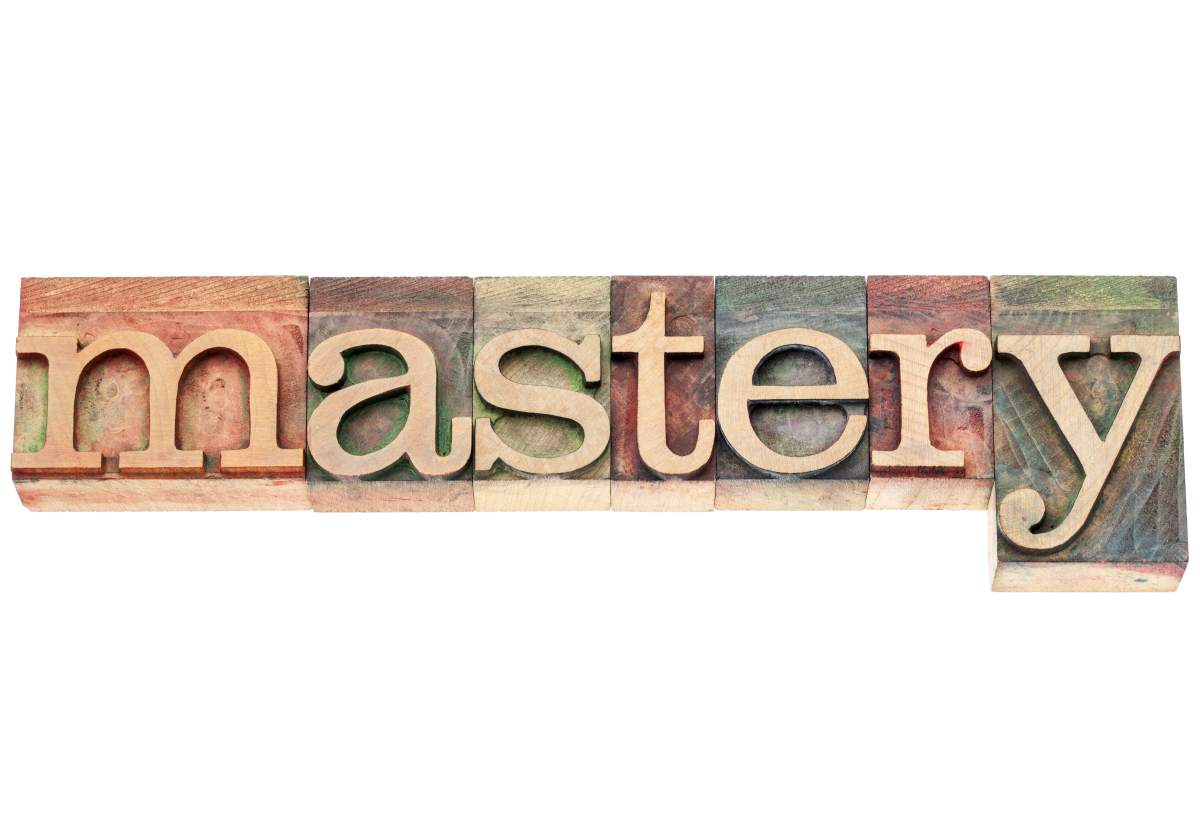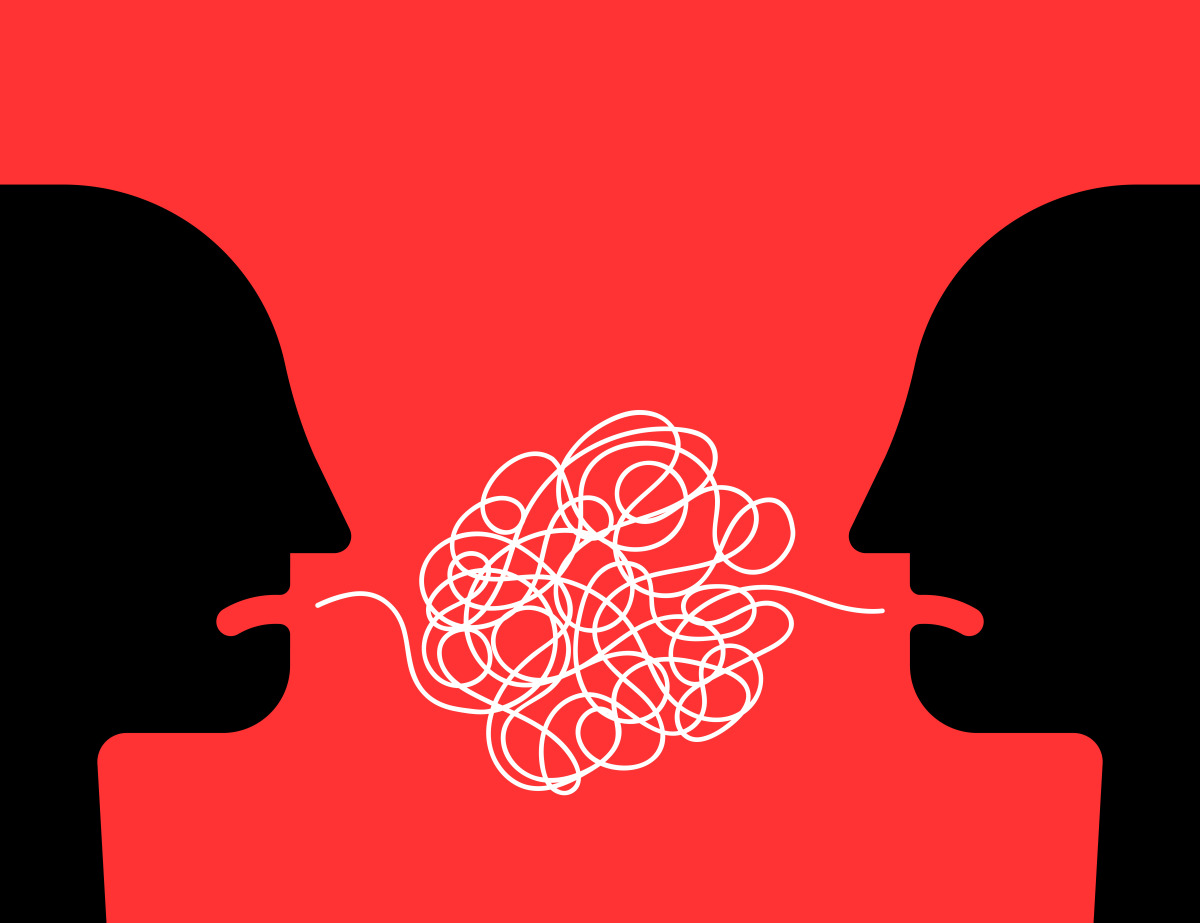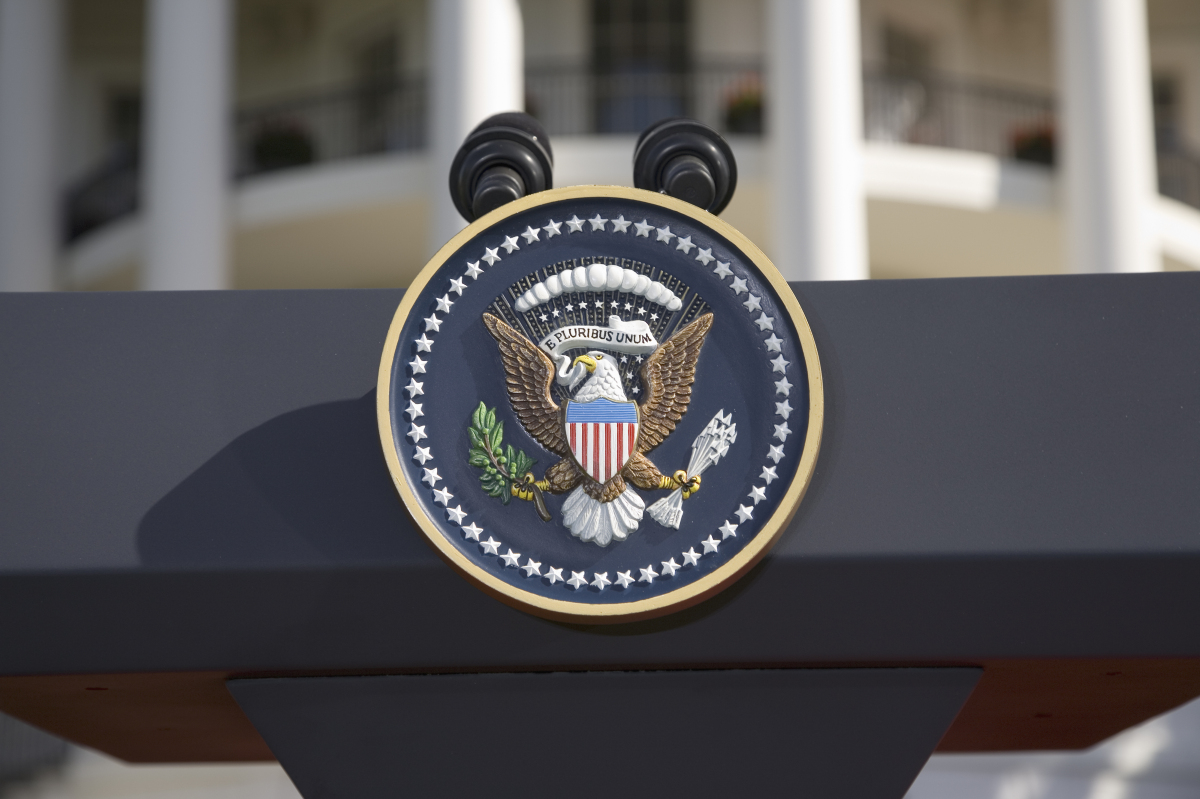„You will own nothing and you will be happy.“ That’s the sentence commentators all over the world got worked up about, attributing it to the book “The Great Reset” by Klaus Schwab and Thierry Malleret. Australian media personality Rowan Dean, a staunch climate change denier and Trump aficionado, used it to caricature Schwab, the German founder of the World Economic Forum (WEF), as an authoritarian eco-communist, with a touch of old Nazi, hell-bent on abolishing private property.
The segment has racked up almost 1.5 million views on YouTube and thousands of people have expressed their concerns about the future of the free world in the comment section. This is ludicrous. It’s hard to think of a more bourgeois figure than Klaus Schwab.
Born into privilege as the son of a top executive, Schwab became a millionaire with his annual conference. Here are some of the companies who support his ideas: Apple, Microsoft, Facebook, IBM, IKEA, Lockheed Martin, Ericsson and Deloitte. Not exactly your usual commie suspects.
Dean’s absurd caricature is the kind of cheap, misleading shot somebody in the Anglophone world was bound to take. Schwab, the professor with the thick German accent is the quintessential egghead and an easy target for the kind of schoolyard bullying figures like Dean excel in. The fact that Schwab bears a certain resemblance to the Bond villain Blofeld and rarely breaks a smile doesn’t help.
A fun fact about the sentence, „You will own nothing and you will be happy“, Dean and the other commentators omit is that the sentence doesn’t appear in the book „The Great Reset“. What else won’t you find in the book? A single word about abolishing private property. Schwab never uttered the sentence the talking heads are freaking out about.
It only appears in that glossy WEF video which puts together various speculative statements about what the world might look like in 2030. It is clearly inspired by the idea of the “ sharing economy ” that was all the rage in Silicon Valley not so long ago. That particular video has since been retracted, but a fair-minded take on the issue clearly indicates that the sentence the rabble-rousers latched on to is better understood in the context of this WEF video from 2017.
So, what is „The Great Reset“ all about then? First and foremost, it’s a great disappointment if you are fired up by videos and books about it and expect a juicy, diabolical plan for global enslavement by the “power elites”.
Basically, Schwab and Malleret use the pandemic and its‘ consequences as a launching pad for another attempt to convince the world of the concept of “stakeholder capitalism”, a supposedly more benign and humane version of capitalism, which they contrast with the colder, more ruthless “shareholder capitalism” practiced notably in the US and in the UK since the 80s.
The whole idea smacks of self-regulation, of “socially responsible capitalism”, of philanthropy and “enlightened leadership”, of “British Petroleum” claiming to go “Beyond Petroleum” and similar exercises in corporate fairy tale telling.
Another obvious problem with “stakeholder capitalism” is that small and medium-sized businesses already practice this. They have no other choice, as they are by nature local and bosses actually have the chance to get to know their stakeholders.
Large global corporations are a different kind of beast and it isn’t clear why CEOs should practice this approach voluntarily. They should take direction from the elected leaders of the countries they operate in, they shouldn’t be the ones setting the agenda.
There is an argument for keeping it simple, as Milton Friedman set out in this famous passage: “In a free-enterprise, private-property system, a corporate executive is an employee of the owners of the business. He has direct responsibility to his employers. That responsibility is to conduct the business in accordance with their desires, which generally will be to make as much money as possible while conforming to the basic rules of the society, both those embodied in law and those embodied in ethical custom.“
Friedman acknowledges the primacy of politics. What is necessary is a political class willing to exercise its power, to ensure that businesses serve the common good and to force them if necessary. Not to persuade and flatter them as Schwab seemingly prefers to do.
Schwab and the WEF have a certain amount of power, mostly derived from acting as courtiers and enablers for the powerful, but Schwab’s apparent elitism, vanity and do-goodery probably mean that the people he admires view him as a harmless busybody rather than an éminence grise. The fact that he employed people like Philip Rösler, the very unremarkable former German health minister, as a top WEF executive, indicates as much.
Schwab first wrote about “stakeholder capitalism” in 1971. There is nothing scary or indeed, new, about any of this. The cynical reading of “The Great Reset” would be that the current elite fears that the risk of revolt, of “social unrest” will greatly increase in the aftermath of the pandemic and that Schwab once again urges them to make concessions to avoid the risk of being swept away.
This kind of thinking has a long tradition in Germany: the German chancellor Bismarck introduced social legislation in the late 19th century, creating a comprehensive health insurance system which exists to this day, to avoid “social unrest”, i.e. a communist revolution.
Schwab and his co-author explicitly say this several times. For example, in the course of their description of the “Macro Reset” on page 89: “The greatest underlying cause of social unrest is inequality. The policy tools to fight unacceptable levels do exist and they often lie in the hands of governments.“
Stylistically, reading „The Great Reset“ frequently feels like being sentenced to death by PowerPoint. But it’s a PowerPoint presentation with ambitions above its paygrade, a PowerPoint presentation that is living the dream of becoming a book and has left bullet points and (most) graphs behind. The bland, technocratic language is probably part of the reason many people who pontificate about the book haven’t actually read it.
They avoided the torture of struggling through paragraphs like this one: “In today’s complex and adaptive world, the principle of non-linearity means that suddenly a fragile state can turn into a failed state and that, conversely, a failed state can see its situation improve with equal celerity thanks to the intermediation of international organizations or even an infusion of foreign capital.“
The actual “Great Reset” has none of the trashy charm of the other works by the same title, my favourite being: “The Great Reset: How Big Tech Elites and the World’s People Can Be Enslaved by China CCP or AI” by Mr Cyrus Parsa. Here is Mr Parsa about himself: “I was the only human being in the world that knew the timing and worked hard to accurately warn and predict that the world’s people were in impending danger from a Bioweapon or disease (COVID 19, AKA CCP Virus) from China CCP in 2019, leading to conflicts with lockdown, famines, AI enslavement, and the entire Great Reset.“
You won’t find sophisticated schemes aimed at chipping the masses and the belief in the powers of technology, what Evgeny Morozov has called „solutionism“ is probably more fanatical in the boardrooms of Alphabet, Facebook and Microsoft. The people occupying these boardrooms probably also have a better understanding of what technology is about than the 83-year-old Klaus Schwab.
It’s hard to imagine that they would come up with the following train of thought: trotting out the platitude that „it is now well understood that physical activity greatly contributes to health“, Messieurs Malleret and Schwab conclude that „For a whole social distancing may constrain the practice of certain sports, which in turn will benefit the ever-more-powerful expansion of e-sports. Tech and digital are never far away! “ As if competitive gaming was an alternative to physical exercise for the masses. Tech and digital are never far away!
Written by two people whose closest connection to gaming most likely is watching their grandchildren play. Other than this, Schwab and Malleret report that the power of intergovernmental organizations dwindles in a world where nationalism is on the rise. The section about surveillance ends with a bland, uninspired passage about the need to balance safety and personal freedom.
Before we get to the „Conclusion“, we are treated to a well-meaning little section about protecting mental health, followed by a quaint meditation about the benefits of walking in nature: „Exercise, nature, unprocessed food… They all have the dual benefits of improving immunity and suppressing inflammation.“
It’s hard to quell the urge to add yoga and mindfulness to the list and of course, the importance of really, truly loving yourself. Here are some questions the authors feel the readers should be asking themselves, in the “Individual Reset” section: “Do we know what is important? Are we too selfish and overfocused on ourselves? Do we give too great a priority and excessive time to our career? Are we slaves to consumerism?“
There are several passages in “The Great Reset” that could be easily published as an opinion piece in the “Guardian” or the “New York Times”. Under “Macro Reset”, page 61, we are told that “If we collectively recognize that, beyond a certain level of wealth defined by GDP per capita, happiness depends more on intangible factors such as accessible healthcare and a robust social fabric than on material Consumption, then values as different as the respect for the environment, responsible eating empathy or generosity may gain ground and progressively come to characterize the new social norms.“
Hard to imagine even somebody like Russel Brand disagreeing with this. Brand has dedicated a whole series of videos to „The Great Reset“. To his credit, he tries to dispel the idea that “The Great Reset” is the kind of communist plot Dean makes it out to be, but it does seem as if he hasn’t read the book, either.
In many ways, “The Great Reset” is a great let down, offering up a strange mix of jargon, platitudes and the occasional morsel of valuable information and insight. One comes in the form of the idea that past pandemics might have been instrumental in shaping the world we live in today, “bringing feudalism and serfdom to an end ushering in the era of enlightenment.“
Malleret and Schwab got the idea from “A Distant Mirror – The Calamitous 14th Century” a book by the historian Barbara Tuchmann. That’s the only trace of Marxist thinking I could find in “The Great Reset”, an allusion to historical materialism, ie the idea that our thinking is shaped by the world we live in rather than the other way around.
They accurately predict that government policy, especially in the US, was going to change in response to the pandemic. Even though it is unclear to what extent Joe Biden will actually realize his policy proposals, it looks like Malleret and Schwab are onto something when they write: „First and foremost, the post-pandemic era will usher in a period of massive wealth redistribution, from the rich to the poor, from capital to labor.“
They omit the fact that under Trump, the first Covid Relief bill, the „CARES Act“, turned out to be a massive handout for corporations, what economic commentator Dylan Ratigan has termed the „largest upward transfer of wealth in the history of mankind.“
Schwab and Malleret continue to speculate that “COVID 19 is likely going to sound the death knell of neoliberalism, a corpus of ideas and policies that can loosely be defined as favoring competition over solidarity, creative destruction over government intervention and economic growth over social welfare.“
This sounds like wishful thinking: the idea that this fictional creature, the “free market” should be the final arbiter is very entrenched in the United States and it is an inaccurate description of the status quo in any case. Government intervention has never gone away, on the contrary, the US government intervened massively in the financial crises of 2008, it just chose to make the large banks and their investors whole and left average citizens holding the bag.
Reading this kind of vaguely social-democratic stuff, it is unclear how people like the British journalist James Delingpole have concluded that we are dealing with a “global communist takeover plan”. As Ben Sixsmith, one of Mr Delingpole’s colleagues at the “Spectator America” puts it: “This is no Communist Manifesto. The Communist Manifesto was a bracing read.“
There is reason to believe that Mr Schwab is genuine in his concern about mitigating the downsides of the dominant capitalist regime. A portrait in a Swiss newspaper labels him a “starry-eyed idealist” and attests that his favorite role is acting as a promoter of dialogue between hostile groups or nations.
One of Schwab’s proudest moments was an encounter between Nelson Mandela and South African President Willem de Klerk at WEF in 1992. Asked what should be his legacy, he answered: “An institution that will still exist in one hundred or two hundred years. A Red Cross for international cooperation – that would be a legacy that I would like to leave behind.“
Schwab has been at it for quite a while and the tune hasn’t changed much:
1982
„The crisis symptoms which we discussed here in the last years have reached such a scale during 1982 that we can only feel relief that there has not been a disaster.“
1997
“Governments‘ margin of maneuvre is today seriously limited by the crisis of credibility and moral authority that most industrialized countries are going through. . . What we need urgently is a convergence of efforts by political, business and labor leaders.“
2008
“The management of an enterprise has to serve all stakeholders. This goes beyond serving only the shareholders; it means that the management has to lead the enterprise as the trustee of all stakeholders and not just the appointee of the shareholders”… I hope that the conscious adoption of a business ethos based on the comprehensive and long-term stakeholder principle, instead of the one-sided, short-term shareholder principle, becomes one positive outcome of this crisis.“
2012
“Capitalism, in its current form, no longer fits the world around us. . . . A global transformation is urgently needed and it must start with reinstating a global sense of social responsibility.“
There are some serious problems with Mr Schwab’s world view which become apparent in throwaway paragraphs like this one: “the endgame of all this is clear: consumers and producers, spouses and parents, leaders and followers, we are all being subjected to constant, albeit discontinuous, rapid change.“
The mantra of “change, change, change”, as something that we are being subjected to as if it was a naturally occurring phenomenon rather than a choice made by specific, identifiable human beings is all too familiar from corporate mission statements and similar collections of jargon and platitudes.
What is more worrying is that Mr Schwab leaves out the supposedly most important role “consumers and producers, spouses and parents” play in democratic societies; he doesn’t even mention „citizens“. That’s the problem with Schwab’s ideology and his “idealism”. He obviously enjoys rubbing shoulders with the rich and powerful and sees his role in persuading them to be nice.
How shallow this “it’s nice to be nice ” school of politics is was on full display when the young Dutch historian Rutger Bregman had the audacity to bring up the topic of tax evasion during the 2019 WEF conference in Davos. He met with a good deal of hostility from the audience and wasn’t invited again.
Ben Sixsmith from the “Spectator” puts it very well: “An air of otherworldliness pervades this book. One of its symptoms is its constant references to ‚we‘: ‚we will‘, ‚we should‘, ‚we must‘. Who are we? I think Schwab and Malleret mean ‚mankind‘ but in practice, it means ‚Davos Man‘, a species of a high-status politician, businessman or academic about whom Samuel Huntington wrote:
‚These transnationalists have little need for national loyalty, view national boundaries as obstacles that thankfully are vanishing, and see national governments as residues from the past whose only useful function is to facilitate the elite’s global operations.‘
The political theorist Colin Crouch warned 20 years ago that industrialized societies were on the way to becoming “ post-democratic ” and provided the following definition: „A post-democratic society is one that continues to have and to use all the institutions of democracy, but in which they increasingly become a formal shell. The energy and innovative drive pass away from the democratic arena and into small circles of a politico-economic elite.“
So, there is nothing new about this dominance of business and economics over all spheres of life. This is the real problem, “we”, as in the average people in the industrialized societies who will most likely never get an invitation to Davos, have to wrestle with. Mr Schwab and Mr Malleret might be right, maybe “we are now at a crossroads” and “one path will take us to a better world”, but I don’t have the impression that they are asking the right questions.
Here are some suggestions for questions “we” could be asking:
How do we regain democratic control?
How do we show solidarity with workers in developing countries and create global rules for corporations?
How do we regain the understanding that business and economics are the servants of human life, not the masters?
How do we distribute and use the gains from automation and technological progress to enable our life as citizens, as moral agents, rather than passive consumers and cheap biological robots?
How do we liberate ourselves from the grip of the business jargon which has deformed our thinking, talking about love, trust and compassion as paying into “emotional bank accounts” etc.?
We shouldn’t leave the crucial task of asking and trying to answer these questions to Schwab and his powerful friends. It is comforting to know that what they have in mind is not to enslave the masses or to steal our stuff, but more of the same, just a little nicer, just a little greener. But that’s not good enough. We need to do better.





